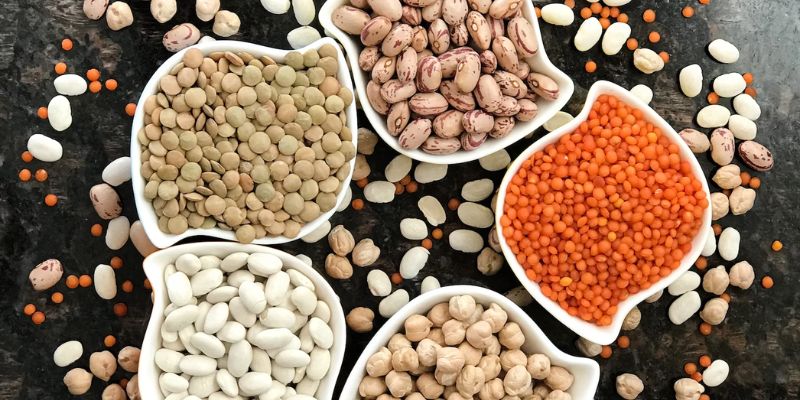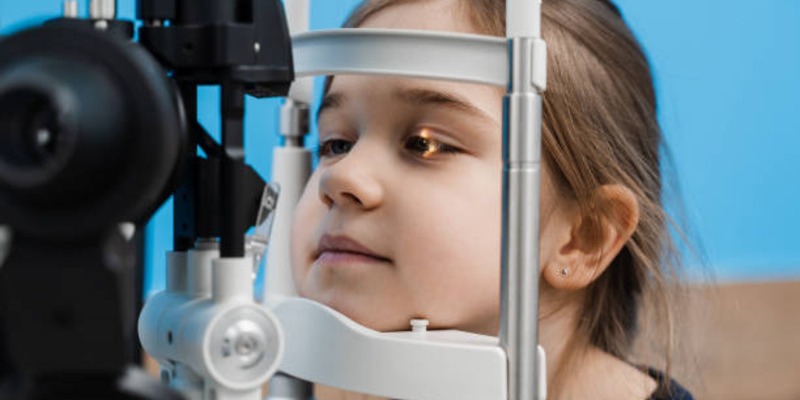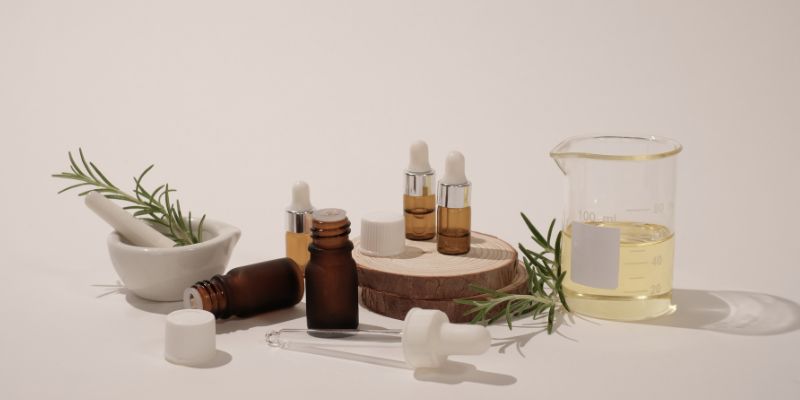After a night of drinking, many people seek relief from their aching headache, unsettled stomach, and overall malaise. This article discusses natural and practical hangover cures to relieve symptoms and recover well-being after a night of excess. We discuss ways to cope without over-the-counter drugs, emphasizing the necessity of understanding hangovers.
Alcohol dehydrates the cells, causes hangovers, and may cause headaches, nausea, and apathy. Accepting the effects of excessive alcohol use is the first step to discovering the best solutions. It offers various natural and efficient ways to recover after a night of partying and feel refreshed for the day.
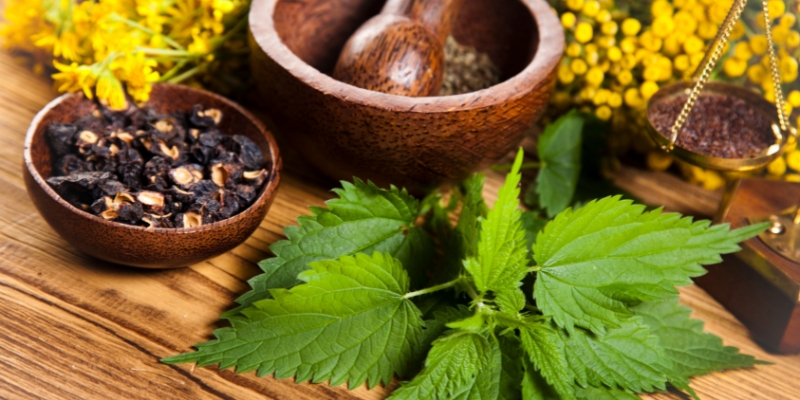
Understanding Hangovers:
Hangovers, sometimes known as "the wake after," indicate excess drinking. They may cause headaches, lethargy, light-headed, dizziness, and irritability. To triumph over a hangover, you must understand its causes. These symptoms are mainly caused by alcohol poisoning. Alcohol metabolism creates toxic acetaldehyde, which may cause inflammation, dehydration, and other unpleasant symptoms.
Dehydration causes hangovers. Alcohol is a diuretic, increasing urine output and fluid and electrolyte loss. Dehydration causes headaches and pain. Alcohol irritates the stomach lining, and nausea and vomiting may occur. Disrupting sleep habits may cause weariness and irritation. Understanding how alcohol affects the body helps people understand the necessity of safe drinking and hangover treatments.
Hydration and Rehydration:
Rehydration is crucial in avoiding hangovers. Headaches and weariness are common hangover symptoms caused by dehydration. Alcohol disrupts the fluid equilibrium. Fluid and electrolyte replacement is necessary to relieve these symptoms. Water, sports drinks, and coconut water are good rehydration strategies. Restoring lost nutrients reduces hangover symptoms. Staying hydrated during and after drinking considerably reduces hangovers.
Nutrient-Rich Foods:
Nutrient-rich meals help reduce hangover symptoms. Bananas, avocados, and eggs provide potassium and amino acids, speeding recovery. Eggs have cysteine, an amino acid that breaks down acetaldehyde, a harmful consequence of alcohol metabolism, while bananas restore potassium lost owing to alcohol's diuretic impact. Use these items in your post-drinking diet to recover faster. Eating these nutrient-rich foods may reduce hangover symptoms and improve your health.
Herbal Remedies:
Natural, time-tested herbal treatments treat hangovers. Ginger, peppermint, and milk thistle alleviate nausea, calm upset tummies, and promote liver function. After a night of drinking, ginger tea or pills might help your stomach feel better. Peppermint tea or oil helps relieve stomach issues and headaches.
Milk thistle protects the liver. Milk thistle supplements or teas aid liver detoxification and alcohol processing. Herbal medicines may relieve hangover symptoms and are kinder on the body than OTC pharmaceuticals. Herbal treatments should be safe and suitable for personal use, so be cautious. Some herbs may cause allergies, so start with a modest dose and see how your body reacts. Always visit a doctor if you have concerns or use drugs to prevent interactions.
Exercise and Fresh Air:
Physical movement and fresh air might reduce hangover symptoms. A brief stroll or stretch might enhance circulation and raise your mood when feeling sensitive. Physical exercise releases endorphins, which raise mood and reduce hangover symptoms like melancholy and anger.
Strolling in the park or sitting in the garden may also be refreshing. It may clarify your head and relieve hangover pain. However, sweating while active may deplete your fluids, so stay hydrated. Exercise and fresh air may help hangover recovery, but listen to your body and avoid intense activities that may worsen nausea or dizziness.
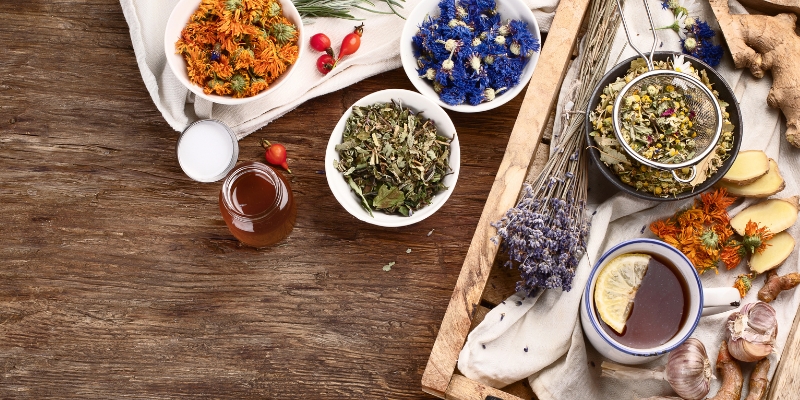
Herbal Teas and Infusions:
Teas and infusions made from herbs relieve hangover symptoms naturally. Herbal drinks may relieve some pain. Chamomile tea is recognized as comforting and relaxing, making it a good option for hangover symptoms, including nausea and tension. Peppermint tea helps digestion and headaches.
Ginger tea has anti-nausea qualities and helps calm an upset stomach after a night of drinking. Warm honey and lemon water may hydrate and soothe. You may quickly treat hangovers using herbal teas and infusions. Caffeine dehydrates the body, worsening hangover symptoms, so consider caffeine-free products. Herbal teas or infusions might soothe hangover symptoms.
Professional Assistance:
Professional help may be needed for severe hangovers. Most hangovers are painful but transitory, although others are severe or protracted. Consult a doctor if your hangover symptoms are severe or long-lasting. They may advise, analyze, and suggest therapies to alleviate your problems.
If your hangover symptoms include severe dehydration, vomiting, or disorientation, professional help is essential. A medical assessment helps ensure you get the proper treatment and assistance. Most hangovers may be treated at home with time and home treatments, but more severe or protracted symptoms need expert help.
Mindful Relaxation Techniques:
A hangover may be alleviated mentally and emotionally through mindfulness and relaxation. Mindful practises may reduce anxiety and tension from hangovers. Meditation and deep breathing may reduce anxiety and improve well-being. Focusing on your breath or meditating helps calm a hangover.
Sleep quality might also improve with calmness. After drinking, sleep disturbances and exhaustion may worsen hangovers. Hangover recovery requires peaceful sleep, which may be achieved by relaxing before bed. To achieve overall well-being, include mindfulness and relaxation into your hangover recovery practice to treat physical and emotional suffering.
Sleep and Rest:
In the hunt for a hangover cure, slumber is crucial. Alcohol disrupts sleep rhythms. Thus, a night of heavy drinking may leave the body without restful sleep. Create a comfy sleep environment first. For better sleep, keep your bedroom cool, dark, and distraction-free.
Sleep greatly aids hangover recovery. The body heals better with enough rest. It relieves hangover, weariness, and irritability. When you're rested, your mind and body are sharper, and you can handle the day. It's normal to want a speedy fix for hangover symptoms, but sleep and relaxation may cure.
Prevention and Moderation:
The best hangover treatment is prevention. Avoiding hangovers requires moderation and responsible alcohol use. Knowing your alcohol tolerance is crucial; pace yourself properly. Drinking gently reduces the influence on your system and the probability of a hangover.
Switching alcohol to water works well. It keeps you hydrated and reduces alcohol intake. Food helps absorb and dilute alcohol in your stomach, so eating before drinking might reduce its effects. Consider the alcohol by volume (ABV) in your beverages and choose lower-ABV selections. Drinking responsibly and prioritizing your health is essential. You may avoid hangovers and enjoy your night out by drinking moderately and using these tips.
Conclusion:
In conclusion, this article has examined some natural and efficient hangover cures to help you recover after a night of excess. These methods may reduce hangover symptoms, but careful drinking and prevention are essential. Prevention is the most excellent cure for hangovers.
The physiological effects of alcohol on the body are the key to understanding the need for moderation since hangovers are caused by excessive alcohol intake. These tips might help you practice moderation when you forget. The best approach to prevent a hangover is to drink responsibly, including recognizing your limits, keeping hydrated, eating before drinking, and pacing. Self-care and educated decisions allow you to enjoy the odd drink without a hangover, improving your health and social life.


